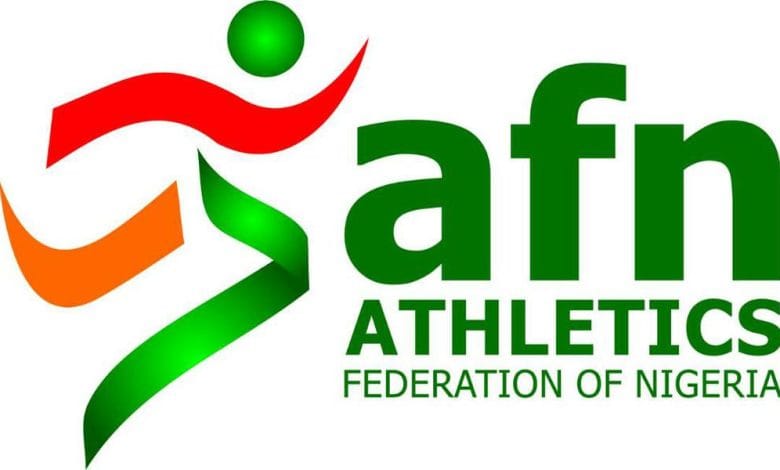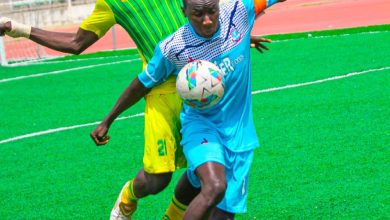Athletics Federation of Double Standards: AFN Congress discards 2023 Constitution but embraces key provision

The Athletics Federation of Nigeria, AFN, has found itself embroiled in controversy after its Congress ‘rejected’ the 2023 Constitution of the Federation—only to affirm one of its key articles as binding law.
The AFN Congress at its meeting in Yenagoa, Bayelsa state last month dismissed a revised version of its 2017 constitution, claiming inter-alia that there are ‘multiple documents purporting to be the Constitution of the Athletics Federation of Nigeria in circulation and affirming the absence of a certified copy of the Constitution.’
A constitution review committee set up by the Congress last December says there is a lack of properly signed and authenticated constitutional documents, revealing that minutes of the meeting where the amended constitution was adopted as well as the official letter transmitting the amended constitution to relevant authorities are missing.
The AFN Congress thus resolved that the Committee should be given ‘additional time to authenticate all relevant documents and present a comprehensive report at the next Congress’ and ’emphasized the importance of proper documentation and safekeeping of all constitutional documents at the AFN Secretariat.’
However, when a critical dispute arose over article 17 of the disputed constitution regarding the terms of office for board members, the Congress swiftly cited an article from the very same rejected document to justify its decision.
In the Minutes of meeting signed by the Secretary General of the Federation, ‘the Congress reaffirmed a maximum of three (3) terms of four (4) years each for all members of the AFN Executive Board as stipulated in the ‘approved’ 2023 AFN Constitution.’
The contradiction sparked outrage among track and field stakeholders, who accused the AFN Congress of ‘cherry-picking’ rules to serve the interest of those who wanted some board members they considered powerful and strong to contest the now postponed AFN Presidential elections.
Some critics argued that the AFN Congress was seeking control without accountability.
‘It makes no sense. It is either the document (Constitution) is valid, or it isn’t. You can’t reject it and then invoke its authority when convenient,’ said a member of the outgoing board of the AFN, Oludare Esan in an interview with our correspondent.
As pressure mounted, the Congress attempted to clarify its stance, stating that while the document was not officially adopted, certain provisions aligned with existing policies and were therefore enforceable.
However, legal experts warned that the selective enforcement could set a dangerous precedent, undermining the integrity of sports governance.




